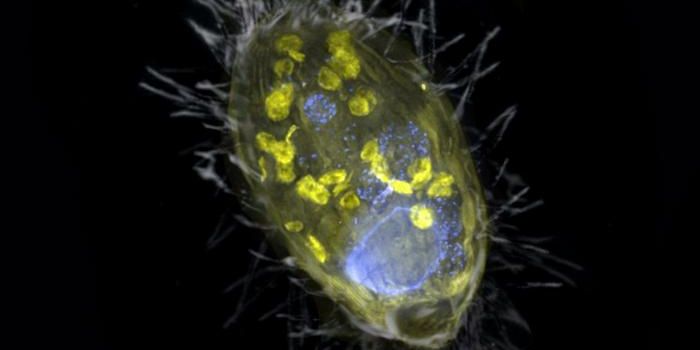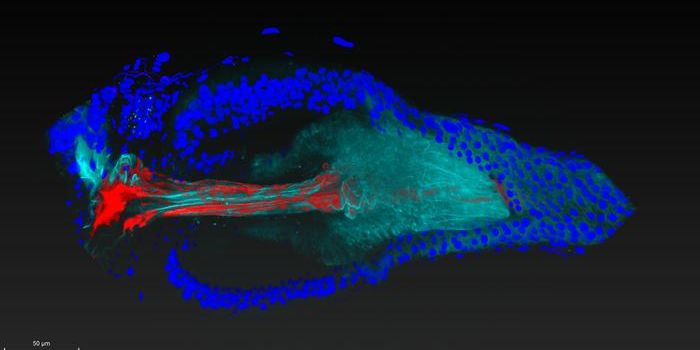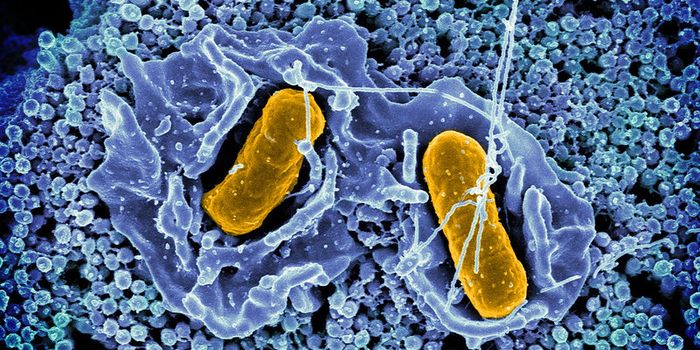Weed Killers May Raise Levels of Antibiotic-Resistant Microbes in Soil
Chemicals that are designed to kill weeds, known as herbicides, can apparently raise the levels of antibiotic-resistant bacteria in soil, according to new research reported in Molecular Biology and Evolution. Herbicides are typically used in agriculture, and although they are not meant to target microbes, they seem to cause serious damage to microbial communities that include bacteria and fungi.
In this work, the researchers focused on three herbicides called glyphosate, glufosinate, and dicamba, which are all used widely. The scientists created representatives of the soil environment, or soil microcosms to investigate how the abundance of different soil bacteria was impacted by exposure to one of the herbicides. They found that the levels of antibiotic-resistant genes were raised after herbicides were applied. It seems that genetic mutations that encourage bacteria to grow in the presence of herbicides also help these bacteria tolerate antibiotics. When exposed to herbicides, there was also an increase in the rate at which bacteria swapped bacteria resistance genes, which are often found on mobile pieces of DNA.
Agriculture fields in eleven Chinese provinces that have similar exposure to herbicides showed similar patterns in the levels of antibiotic resistance genes.
"Our results suggest that the use of herbicides could indirectly drive antibiotic resistance evolution in agricultural soil microbiomes, which are repeatedly exposed to herbicides during weed control," said Dr. Ville Friman from the Department of Biology at the University of York.
"Interestingly, antibiotic resistance genes were favored at herbicide concentrations that were not lethal to bacteria. This shows that already very low levels of herbicides could significantly change the genetic composition of soil bacterial populations. Such effects are currently missed by ecotoxicological risk assessments, which do not consider evolutionary consequences of prolonged chemical application at the level of microbial communities.
"While antibiotic resistance genes are not harmful per se, they will reduce the efficiency of antibiotics during clinical treatments. Keeping the frequency of resistance genes low will hence prolong the long-efficiency of antibiotics. As resistance genes can easily move between environments, agricultural fields could be [a] globally important source for resistance genes."
The researchers suggested that herbicides should be reevaluated to examine how the affect soil microbiomes, and how they impact antibiotic resistance genes in those microbial communities.
Sources: AAAS/Eurekalert! via University of York, Molecular Biology and Evolution









